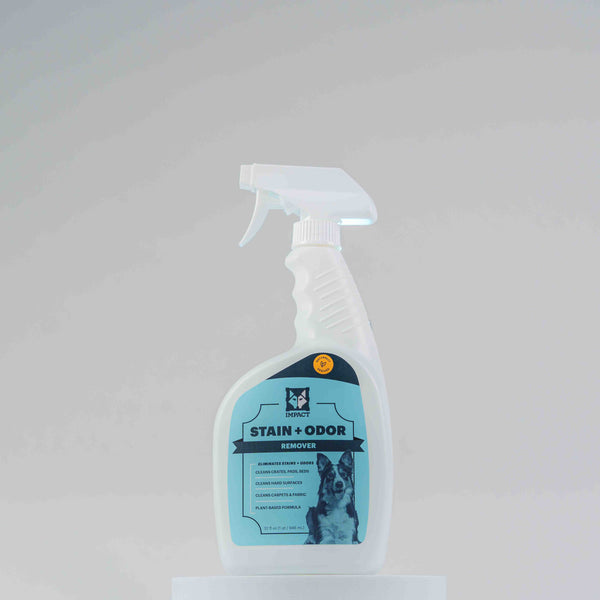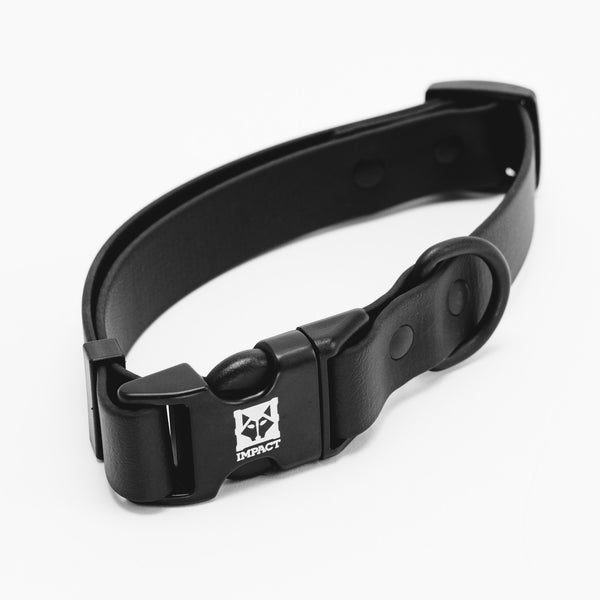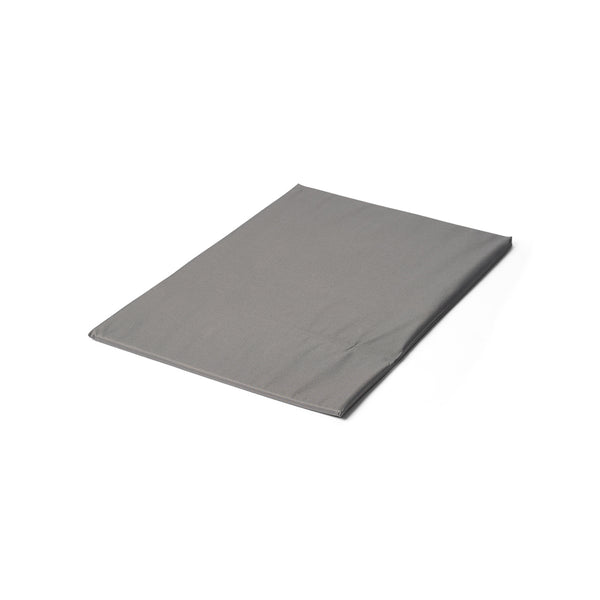Chocolate contains theobromine and caffeine, two substances that dogs cannot metabolize. The impact of these compounds is toxic to the heart, central nervous system, and kidneys.
For instance:
- Milk chocolate is less lethal than dark and unsweetened chocolate or baking chocolate because it contains less theobromine.
- Small dogs are especially sensitive and can be affected by toxic ingredients even in small quantities, while large dogs can withstand small amounts before showing effects.
Symptoms of Chocolate Toxicity
If your dog ingests chocolate, watch for the following signs:
- Vomiting and diarrhea
- Rapid breathing or panting
- Restlessness and hyperactivity
- Muscle tremors or seizures
- Increased heart rate
- Collapse or fainting
These symptoms can appear within hours, so time is of the essence.

Common Sources of Chocolate Hazards
Dogs often encounter chocolate in everyday situations, such as:
- Chocolate bars and candy
- Cocoa powder and baking chocolate
- Chocolate-flavored desserts (e.g., brownies, cakes)
- Holiday treats (e.g., Easter eggs, Halloween candies, Christmas chocolates)
Being aware of these potential hazards can help you protect your pet.
Steps to Take if Your Dog Ate Chocolate
If you suspect your dog has eaten chocolate, follow these steps:
- Determine how much and what type of chocolate was eaten.
- Note your dog’s size, as it impacts the severity of toxicity.
- Contact your veterinarian immediately.
- Provide details about the type and quantity consumed.
- Avoid inducing vomiting unless directed by a vet, as this can worsen the situation, especially if your dog shows neurological symptoms.
- Follow professional guidance. Your vet may recommend activated charcoal, monitoring, or bringing your dog in for treatment.
Prevention Tips
- Keep chocolate and other dangerous foods, like grapes and onions, in closed and raised containers.
- Many pet accidents occur during family events, so ensure everyone is informed about how to handle pets.
- Use pet-proof containers to reduce the risk.
Conclusion
Chocolate poisoning may sound dreadful, but with immediate professional intervention and consultation with a qualified vet, the chances of your dog’s recovery are good. It’s always better to avoid contact—just as you wouldn’t let your child near cakes, ensure your pet doesn’t have access to chocolate. If you have questions or concerns about your pet, consult a vet—they are your best defense against potential dangers.
https://www.petmd.com/dog/chocolate-toxicity






